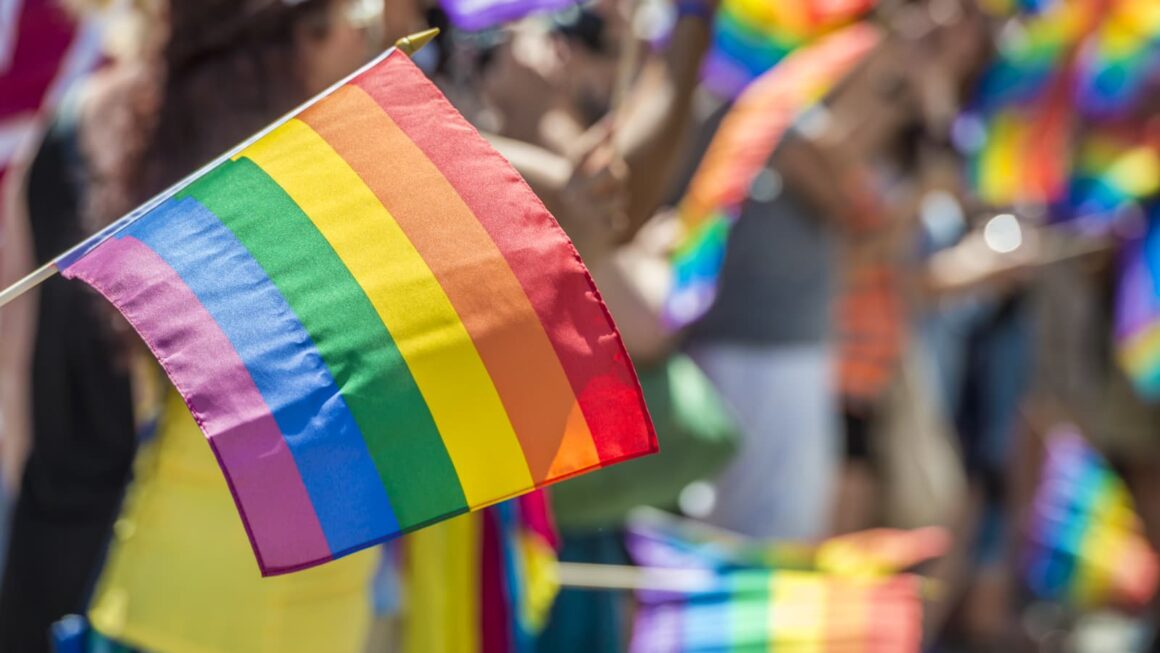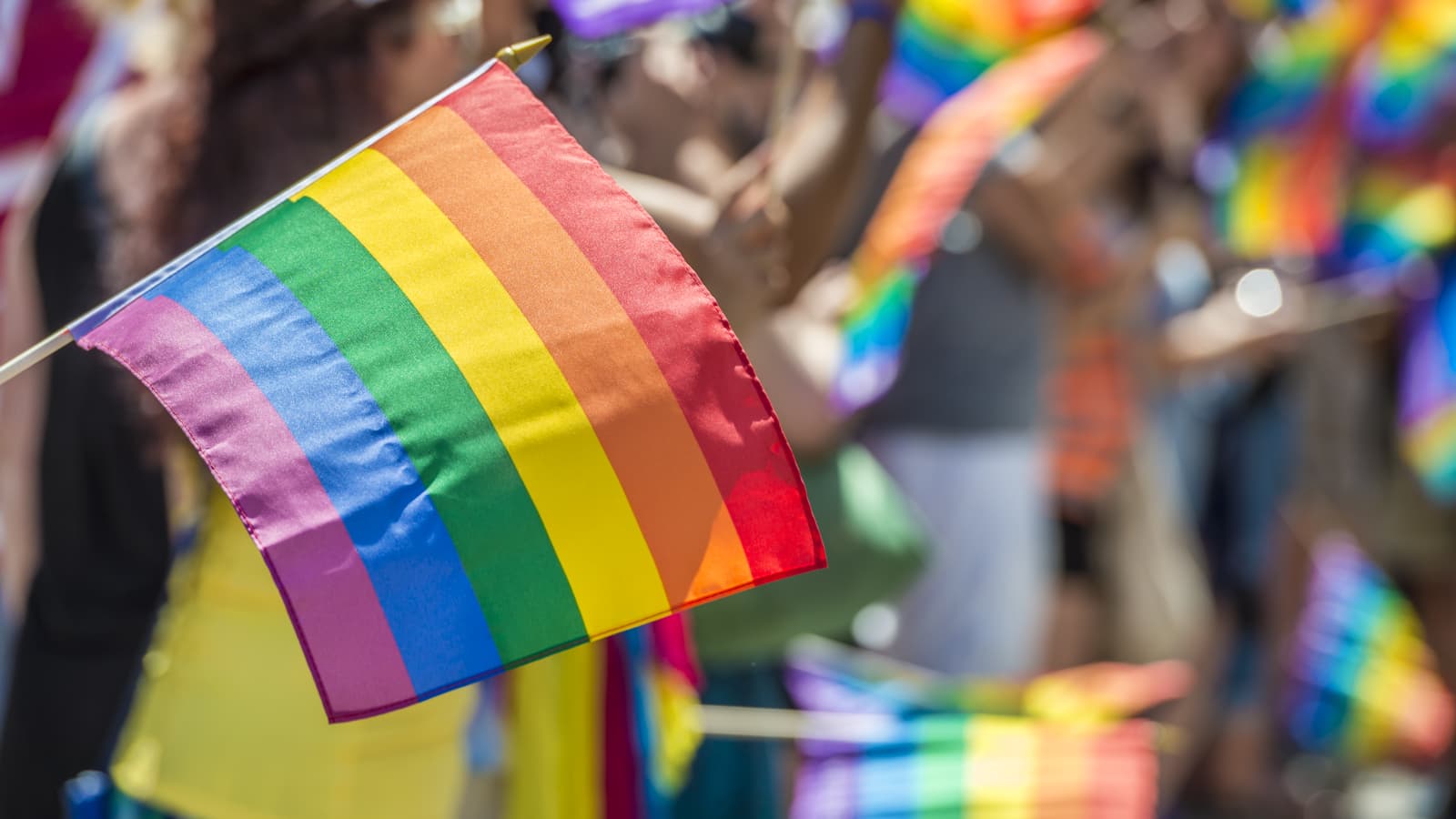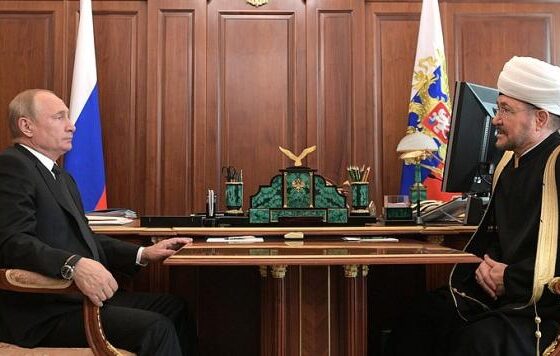Call for Contributions: Identity and visibility of LGBTQ+ people in the post-Soviet world
Central Asian Survey is organizing a special issue entitled “Identity and visibility of LGBTQ+ people in the post-Soviet world” and is welcoming submissions of papers

How has expanding access to the Internet shaped the identity and visibility of LGBTQ+
communities and activists? This question has been studied globally, with public opinion and
legal rights regarding people who identify as lesbian, gay, bisexual, transgender, and queer
(LGBTQ+) changing rapidly in many regions of the world, including Latin America, Africa,
the USA and Europe (Ayoub and Garretson 2017; Winkler 2021).
While the Internet can act as a life-saving resource and as an essential tool for connecting trans activists, Internet sceptics find that the growing visibility of queer culture online can also provoke a backlash, especially in societies that previously had little exposure to gay people (Ayoub 2016; Costache, Baigazieva and Gejadze 2018).
Despite important research on the strategic nature of LGBTQ+ activism in Central Asia, the Caucasus, Mongolia and Afghanistan (Berianidze 2021; Beukian 2019; Emadi 2019; Ganbaatar et al. 2021; Kluszewska 2019; Pares Hoare 2021; Suyarkulova 2019; Sekerbaeva 2017; Shirinian 2019; Wilkinson and Kirey 2010; Wilkinson 2020), we know little about how expanding access to the Internet and the persistence of government censorship have shaped the identity and visibility of LGBTQ+ communities and activists in the region.
This special issue seeks to advance the region-specific debate regarding the polarizing and liberalizing effect of the Internet on sexual diversity and identity in the Caucasus and Central Asia. Central Asian Survey welcomes articles (7000-9000 words) by activists and scholars working on LGBTQ+ related issues in Central Asia, the Caucasus, Mongolia, Afghanistan and Xinjiang.
Central Asian Survey is seeking 6 to 8 contributions for this special issue. Contributions could cover topics including but not limited to:
- Strategies employed by LGBTQ+ activists to bypass digital restrictions and censorship
- Challenges and opportunities that LGBTQ+ people face in their online activism
- Success of queer censorship and the role of virtual private networks (VPNs)
- LGBTQ+ resistance towards right-wing and conservative troll farms
- Public attitudes towards LGBTQ+ culture and people
- Same-sex advertisement and culture on- and offline
- Queer artists and musicians
- ‘Coming out’ online versus offline
- Digitally enabled transnational repression of queer voices
- Anti-gay bloggers and right-wing nationalist online channels
Please submit a title, a 300 word abstract together with a 100-word biographical statement to Dr. Jasmin Dall’Agnola jasmindallagnola@gmail.com by latest December 21st 2021. Successful candidates will receive notification by January 15th, 2022.
December 21, 2021: Submission of 300-word abstract, title and 100-word bio
January 15, 2022: Successful candidates will receive notification of acceptance
July 31, 2022: Submission of first draft to jasmindallagnola@gmail.com
September 30, 2022: Submission of final draft to Central Asian Survey for peer-review process












